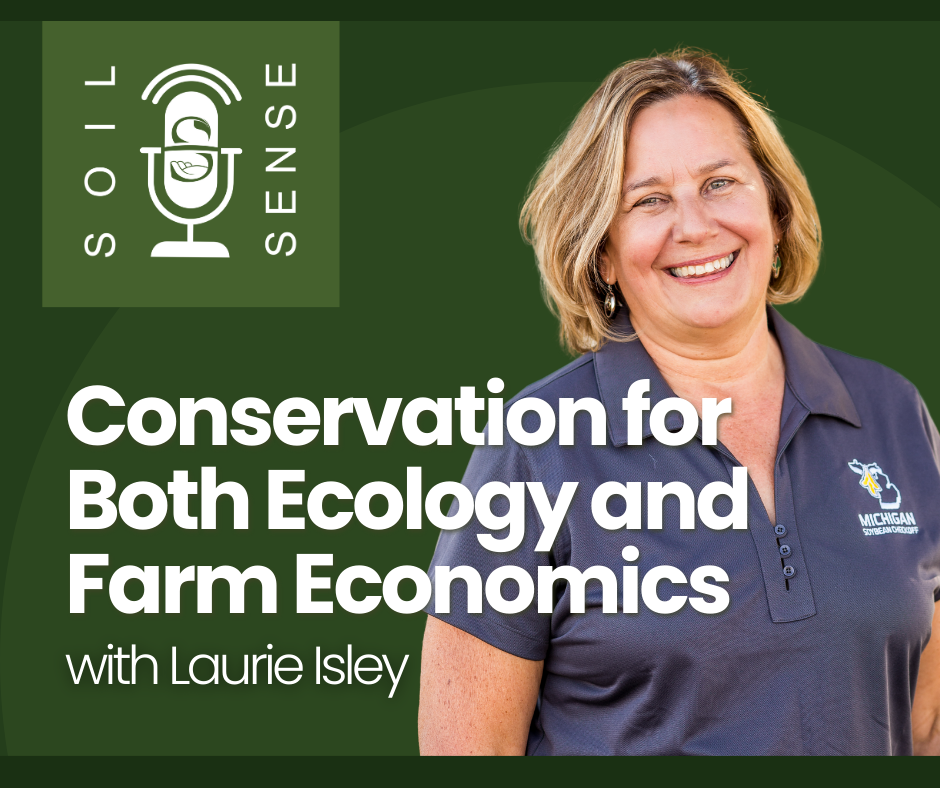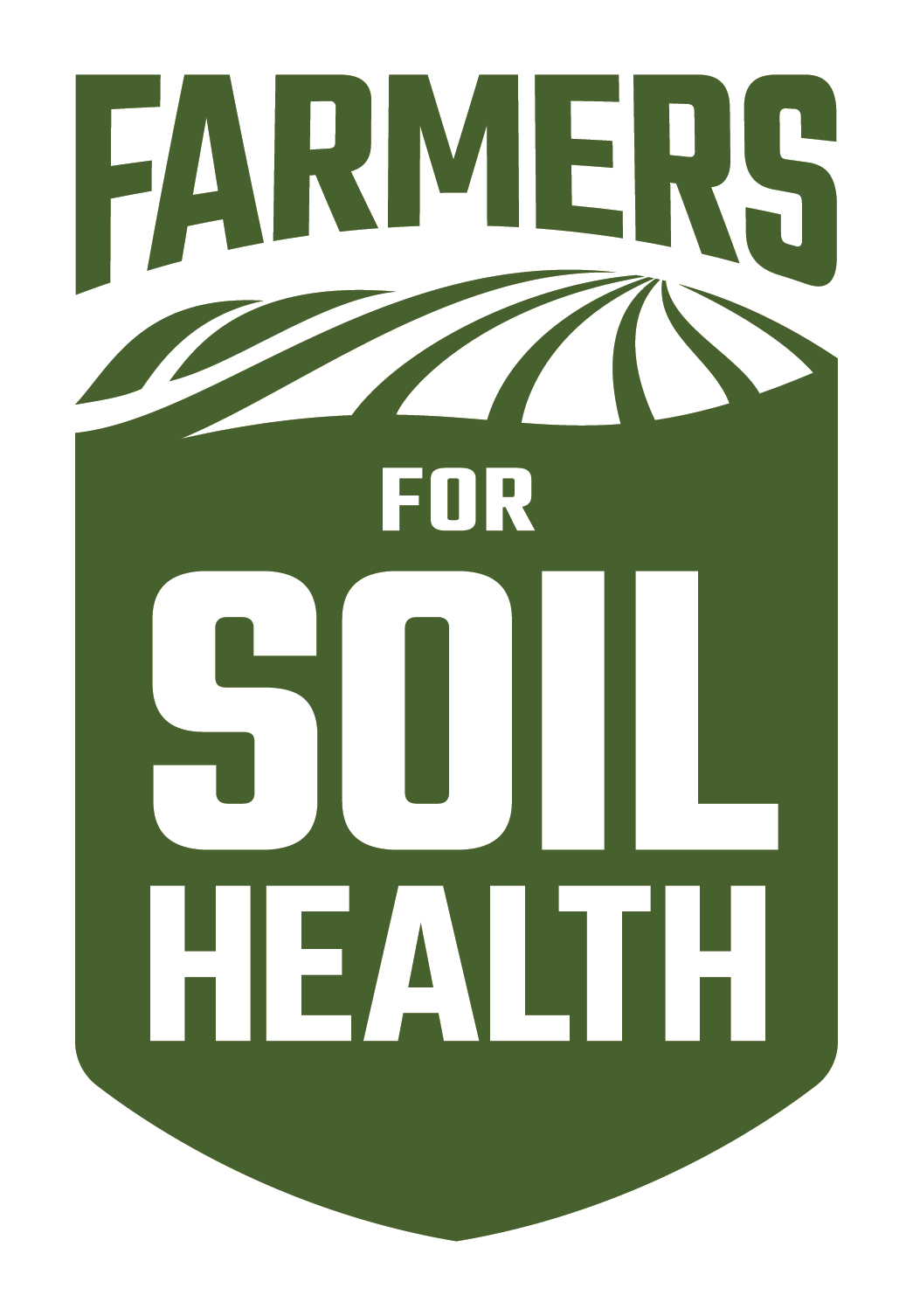Conservation For Both Ecology and Farm Economics with Laurie Isley

We love to talk about soil conservation practices on this show, but it’s always important to frame it in a realistic context that acknowledges farms are businesses. This means that the right thing for the soil has to also be the right thing for the farm’s profitability. Michigan farmer Laurie Isley shares how she’s embraced new practices at Sunrise Farms, from strip tillage to precision technology to biologicals and beyond on today’s episode of Soil Sense.
“We’ve also found that we continue to be profitable in the same way that we were before using these other practices. And that’s really the point we try and get across to the farmers we talk to. Profitability is not this one and conservation this one. They can be very close together. It’s not like they’re two ends of a spectrum. Some of it isn’t that I’m getting a greater yield. It’s just, I have fewer costs related to the tillage that I was doing prior to that.”
Laurie is one of the owners of Sunrise Farms in Southeastern Michigan along with her husband, Jim and their son Jacob. The family farm grows about 1,100 acres of corn and soybeans and implements a lot of different conservation practices including strip tillage, cover crops which they have flown on, filter strips, soil tests, and precision ag practices. Laurie, who also spent decades teaching agriscience at the high school level, now also contributes to the industry as part of the Michigan Soybean Committee and the United Soybean Board, where she is the chair of the communication and education committee.
“It requires people that are open to seeking more information. So, I guess my major message to them is don’t settle. Be willing to look for what are new opportunities that I can use on my farm that will help me to be more profitable, but also help to ensure that the soil that I leave behind for the generations to come is as good as it possibly can be and still viable for other generations to continue farming in this area.”
